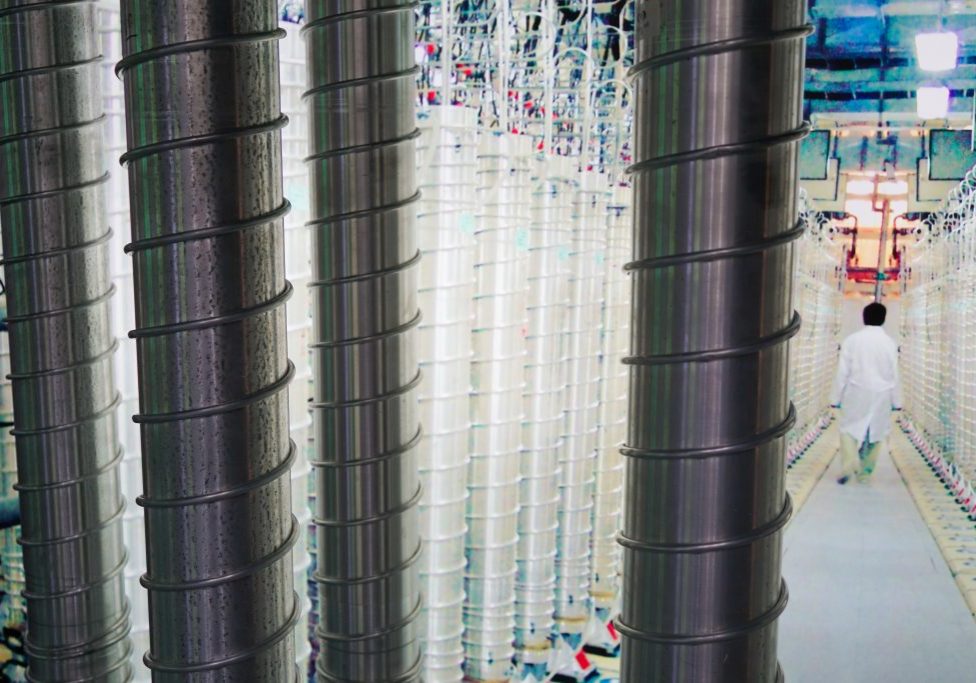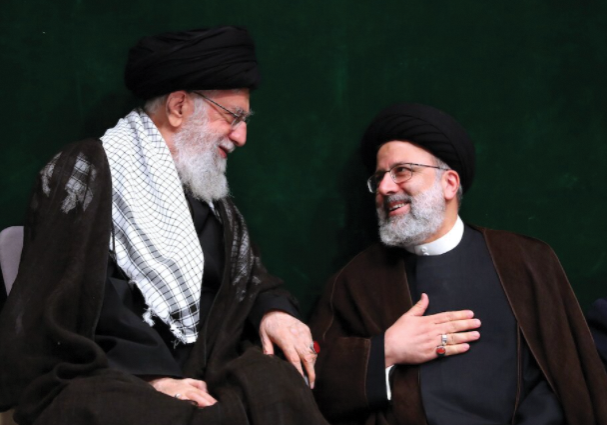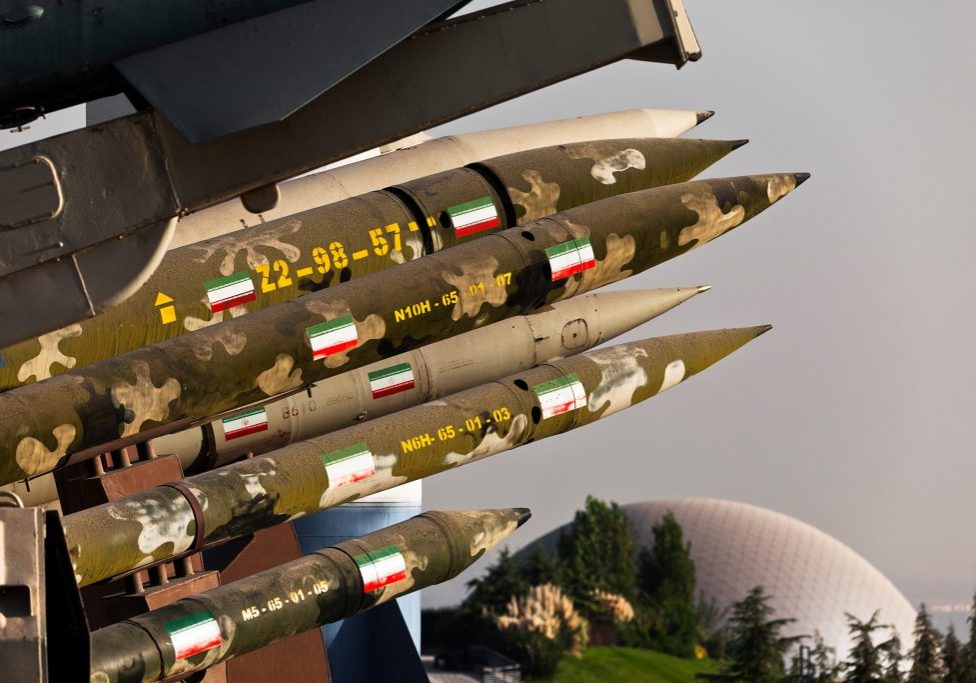Australia/Israel Review
Editorial: Containing the Damage
Sep 18, 2015 | Colin Rubenstein
Colin Rubenstein
By early September it was clear US President Barack Obama had secured the support of enough US Senators – 34, all of them from his own Democratic party – to guarantee that his promised veto of any Congressional rejection of the Iran nuclear deal – known as the JCPOA – would not be over-ridden. Indeed, he is attempting to obviate the need for a veto by having Democrats filibuster a Senate bill disapproving the deal.
This was not unexpected – getting sufficient Democratic senators to cross the aisle to oppose the signature foreign policy initiative of a President from their own party was always unlikely.
While President Obama will be celebrating this as a win, it is actually something of a pyrrhic victory. A majority of Congress is clearly against the deal – but more importantly, polls show a majority of the American people are as well. Moreover, the trend seems to be that public opposition to the deal is increasing, not diminishing.
Meanwhile, even many Democrats who ended up voting in favour of the deal were scathing of its flaws, while apparently accepting the US Administration’s argument that if you don’t vote for this deal, however problematic, you’ll get no restrictions on Iran at all.
For instance, Senator Corey Booker (D.-NJ) said it was a “a deeply flawed deal” and that he was only voting for it because “we have now passed a point of no return that we never should have reached.”
The public, Republicans, and many Democrats see what Elliott Abrams points out in this edition – this deal achieves virtually none of the goals that the Obama Administration itself said were essential to any agreement.
They also know that, whether Teheran ultimately chooses to abide by the deal or not, this agreement stands to dramatically empower Iran financially and militarily in the short term, giving it the means to strengthen its proxy militias, increase its destablising push for regional hegemony and increase its sponsorship of terror groups like Hezbollah and Hamas.
Nor can the Obama Administration be pleased with all the Iranians are doing to convince Americans that this deal is a bad idea. Since the deal was signed, various Iranian leaders have repeatedly emphasised that they still view the US as the “Great Satan”, and doubled down on how they will never give up their goal of destroying Israel. Moreover, some have also gone out of their way to emphasise that they do not accept the interpretation of the deal being put forward by the White House – for instance, on inspections of military sites and ballistic missile development.
Further, Iranian Supreme Leader Ayatollah Ali Khamenei has yet to say one word indicating he supports the nuclear deal.
While Congress will not be able to stop Obama from waiving US sanctions under the deal (which is all a Congressional vote could have done anyway), this is far from the end of the matter. For one thing, the next US President could re-open the issue and attempt to improve the agreement, as several Republican candidates have promised to do.
But whether or not this happens, there is much more that can and should be done in coming months to minimise the damage of this deeply flawed agreement – and especially to counter and contain the dangerously empowered Iranian regime this agreement will create.
As Obama’s former Secretary of Defence Leon Panetta, a supporter of the JCPOA, recently wrote, the deal looks like a “dangerous gamble”, unless the deal is used as the foundation “to build a strong coalition that will confront both Iran and terrorism in the future.”
Opponents and reluctant supporters of the agreement should be able to unite behind this goal because it can improve the agreement without reopening negotiations.
And indeed, numerous non-partisan experts and statesmen in the US – some in favour of the deal, others opposed or neutral – are putting forward some remarkably similar ideas on how to do this.
The five main areas in which arrangements to back-up the deal appear to be sorely needed are:
• Putting in place deterrence against Iran ultimately using the deal to simply build nuclear arms after the 10 to 15 years restrictions in it are lifted by affirming, preferably via both a Congressional resolution and executive branch statement of policy, that racing toward a bomb, making highly-enriched uranium or separating plutonium at any time in the future will be countered by the US, using “all means necessary.”
• Complementing US deterrence by giving Israel the ability to act independently against Iran’s potential nuclear weapon – particularly by providing it the Massive Ordnance Penetrator weapon necessary to destroy Iran’s underground Fordow enrichment facility.
• Reaching arrangements with allies on penalties for Iranian violations of the deal that fall short of the last-resort “snapback” of UN sanctions, which would destroy the whole agreement.
• Creating an ongoing US-led system of regular consultation to exchange intelligence on potential Iranian cheating involving Europe, Israel and other US allies.
• Trying to counter Iran using its sanctions-relief windfall to strengthen its terrorist proxies by, as Panetta urged, building a strong regional coalition “that will confront both Iran and terrorism in the future,” while also working with both allies and Congress on new sanctions to be imposed on Iran if it sends significantly increased funds or weapons to terrorist groups.
There seems little evidence so far that the Obama Administration is making these essential steps a major priority.
Both Congress and American allies, like Australia, whatever they may think of the deal, have an obligation to encourage the US Administration to do more in all five of these areas. Otherwise, not only is the deal even less likely to succeed in stopping a nuclear Iran, but the damage it will cause as a result of empowering Teheran will likely be vastly worse.
This article is featured in this month’s Australia/Israel Review, which can be downloaded as a free App: see here for more details.
Tags: International Security






